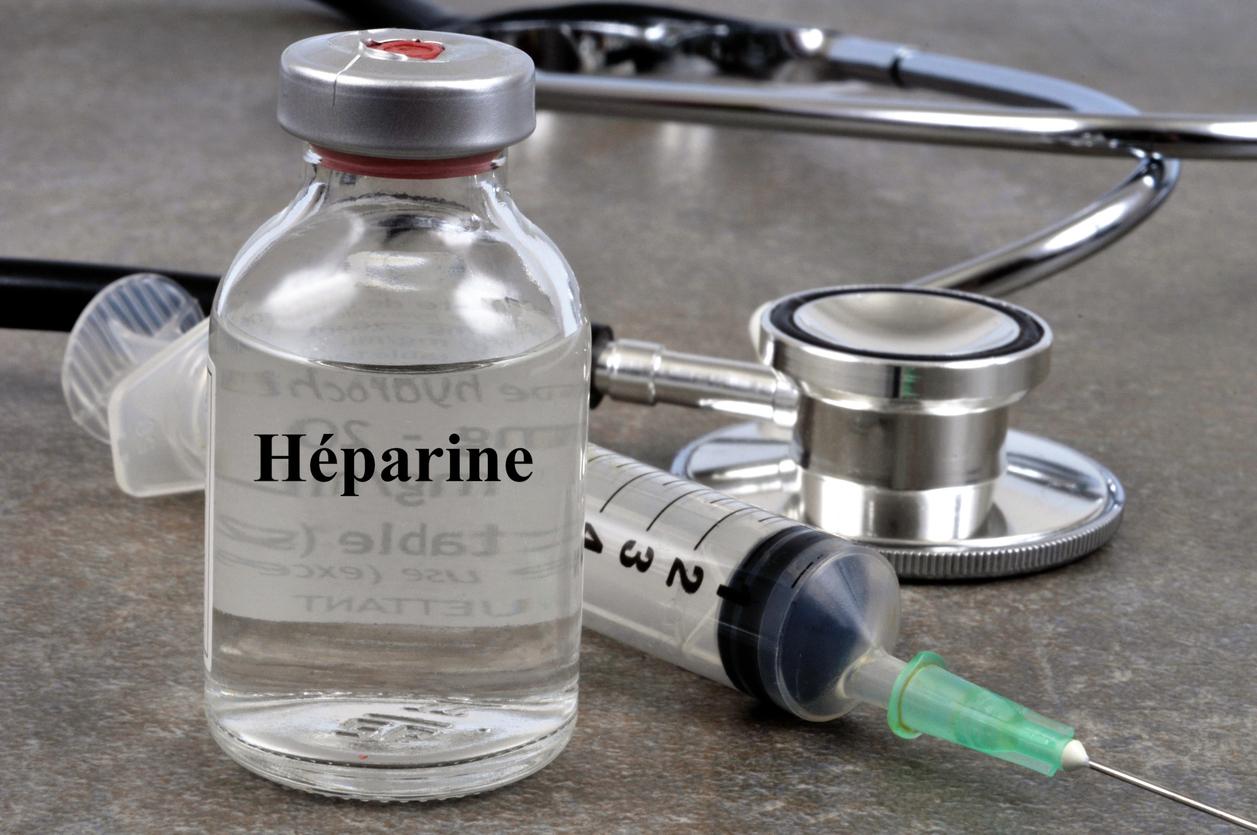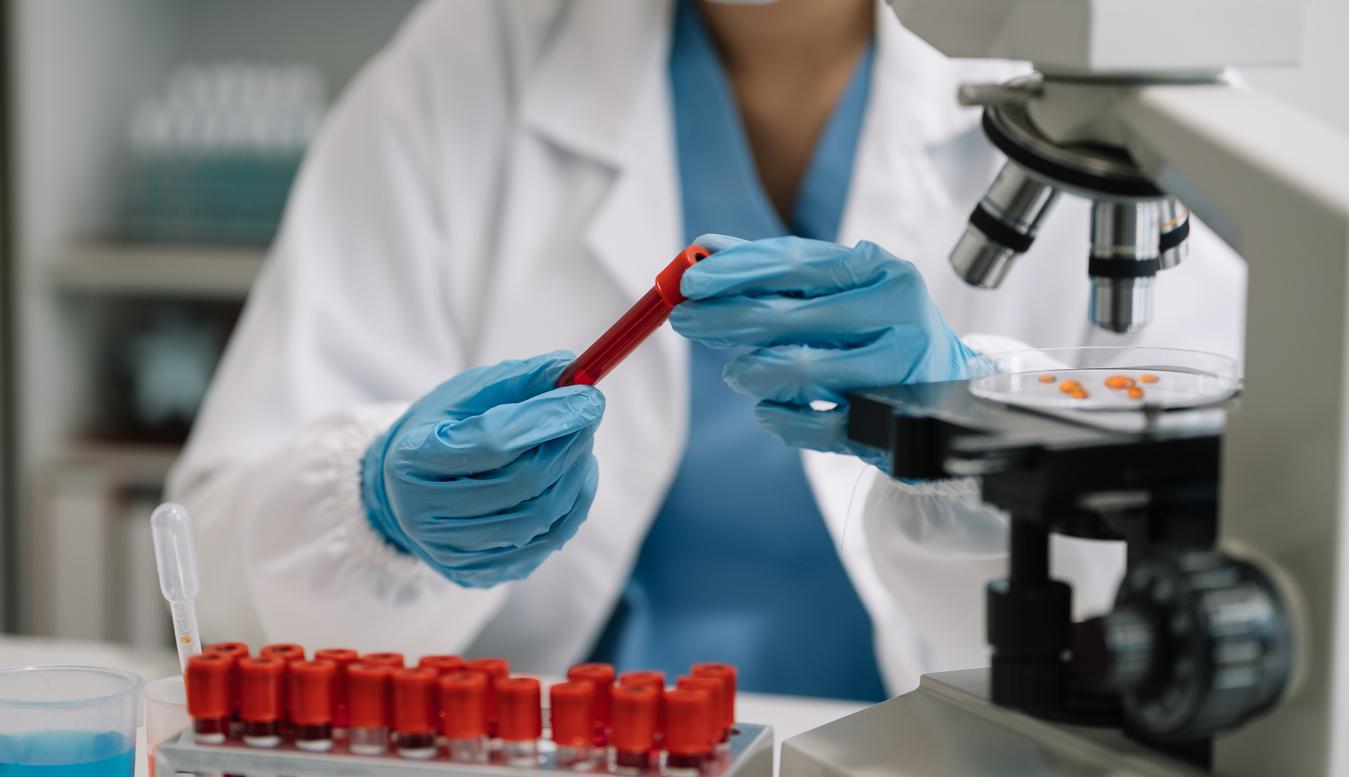A US investigation has revealed that Industrial Bio-Test Laboratories corrupted chronic toxicity test results for Monsanto, a company that develops chemicals.

- Monsanto is an American company that developed Round-up, one of the most widely used herbicides in the world, but also very controversial.
- Industrial Bio-Test Laboratories (IBT) falsified chronic toxicity tests on behalf of Monsanto, according to US researchers.
- The IBT laboratory notably encouraged Monsanto to use fraudulent data to thwart government investigations.
Specializing in the manufacture of chemical products, Monsanto is an American company that develops phytosanitary products, in particular Round-up, one of the most widely used controversial herbicides in the world.
IBT and Monsanto: a falsification of data on the toxicity of asbestos and lead
In a recent survey published in the American Journal of Public Health, researchers from the Mailman School of Public Health at Columbia University (USA) revealed that the company Industrial Bio-Test Laboratories (IBT), a former industrial product safety testing laboratory, has falsified chronic toxicity tests on behalf of Monsanto. These documents were revealed in the context of ongoing legal proceedings concerning polychlorinated biphenyls (PCBs) and Round-up.
In 1969, Monsanto contracted with IBT to carry out two-year studies, in particular research on the chronic toxicity of the products. The IBT tests then revealed information about the toxicity of the tobacco, asbestos and lead industries. But the two companies did not disclose anything about the dangers of these products.
“Monsanto has arranged with IBT to repeat some of the studies in order to come to better conclusions”
During their investigation, researchers reviewed formerly secret corporate documents that detailed IBT’s role in encouraging and inducing its main client, Monsanto, to use fraudulent data to thwart government investigations. “Monsanto arranged with IBT to repeat some of the studies in order to arrive at better conclusions (…) Indeed, the test conditions were compromised, but despite this, IBT produced apparently scientifically rigorous reports regarding three Monsanto products containing polychlorinated biphenyls (PCBs), claiming that testing proved the PCBs were not carcinogenic,” clarified David Rosner, research author and professor of sociomedical sciences at Columbia University’s Mailman School of Public Health.
In addition to compromising test conditions, IBT employees also invented data. “This article shows that industry influence on laboratory practices has made the corruption of science more likely. With or without regulatory standards, we must remain vigilant against companies whose self-interest has skewed science and may continue to do so.” noted David Rosner.

















